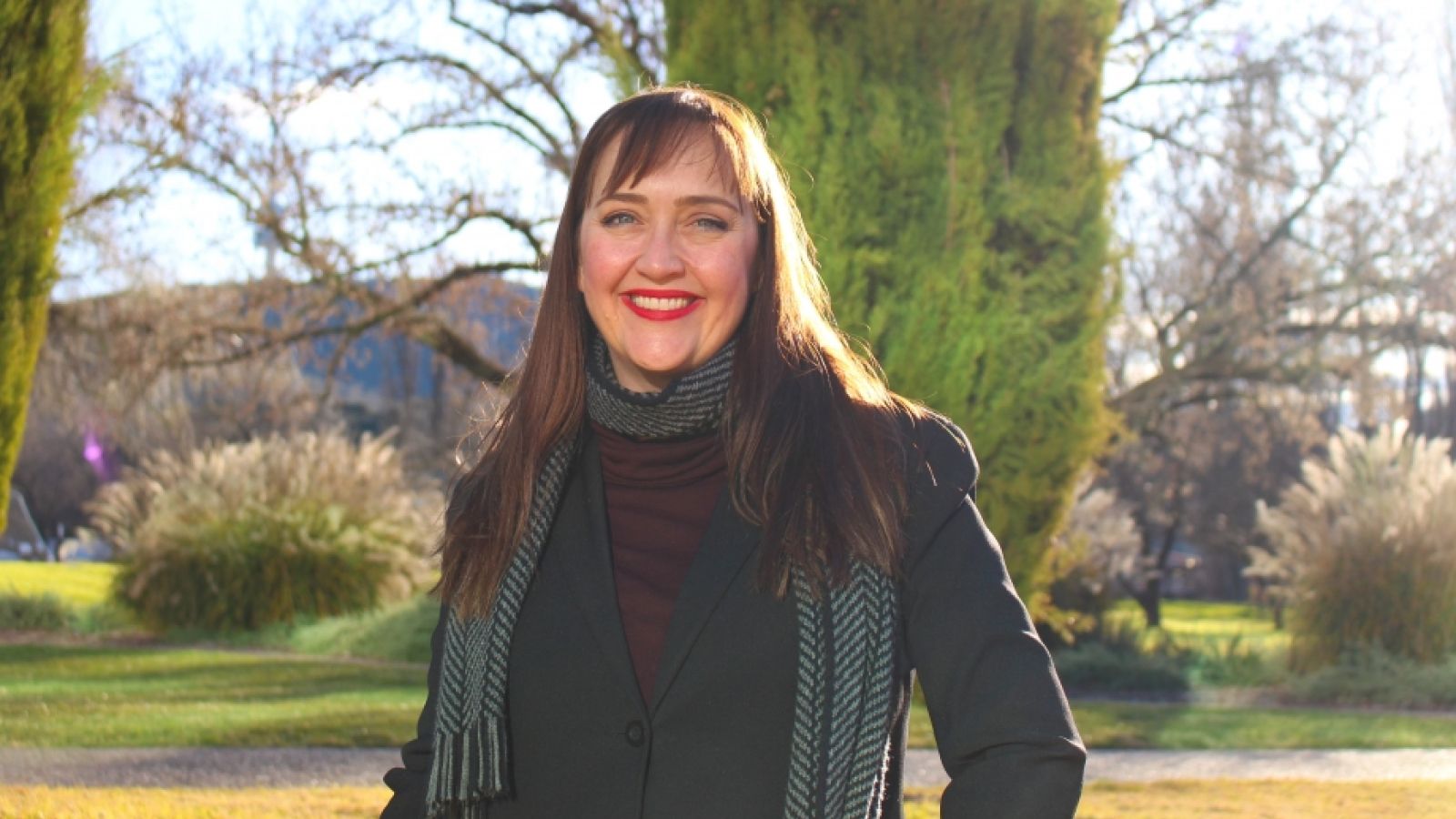The creative benefits of paying attention

Emily Maguire
Emily Maguire finds inspiration in the world around her.
Whether it’s from overheard conversations, the news, or music, the author says that many of her ideas have come from paying attention.
“If we look around us, we will find that we are surrounded by ideas,” Maguire says. “It’s something I encourage my students to do as well. That minute attention to details could germinate into a big idea for the next novel.”
While most of us imagine authors jotting down their grand ideas in handsome leatherbound journals, Maguire – who has penned six books including the critically acclaimed thriller An Isolated Incident - records most of her observations on her phone.
“I am constantly writing notes on my phone whenever I come across something noteworthy so I don’t forget it later while writing,” she says. “Sometimes the smallest of details observed while watching a sunset could be the perfect setting for a scene.”
"Once I was on a Sydney bus - a very common experience for me and one that affords excellent eavesdropping and observation opportunities - and a middle-aged man boarded and sat down. This man was ordinary in every way except that his facial expression struck me as incredibly sad. He got off the bus after a couple of stops but I couldn’t get his face out of my mind," she says.
"That evening I started writing, imagining what had happened to this man to cause such visible grief. Those first exploratory pages turned into my third novel Smoke in the Room with that man becoming my character Graeme."
While writing her sixth novel Love Objects, which features a woman who fills her house with found and scavenged items, Maguire became obsessed with noticing abandoned and forgotten items.
"If there was a glove or scarf, a teddy bear or even a single receipt left on a bus seat or bench, I would have to photograph it and invent a story about its meaning which I could then give to my character Nic. After a while friends caught on to the habit and would send me pictures and notes about the odd things they spotted as they moved about the world.
"Of course, in paying attention like this you also notice how much litter there is in city streets. For a while disposable masks and hand sanitiser bottles in particular were dropped absolutely everywhere and I did wonder what kind of story would be imagined if someone woke up after 20 years unconscious and saw all this apparent medical-waste left casually on remarkably empty and quiet streets."
A Canberran by birth, Maguire has spent most of her life in Sydney but is returning to the nation’s capital as the recipient of the prestigious HC Coombs Creative Arts Fellowship, which is run out of The Australian National University (ANU). She feels returning to Canberra has been like discovering a new place.
"I was a toddler when my family left Canberra and my memories are blurry and relate to the home and family life. Living in Canberra as an adult is to experience a city of art and culture, of clean air and breathtakingly beautiful nature. One of the things I’ve found most notable about the city now is how many people have, like me, experienced it only as adults," Maguire says.
"Such a large number of people move here to study or work and it means that there’s an energy and excitement about what the city has to offer, a sense of constant discovery, that you don’t find in places where most people have grown up there and become used to all it has to offer."
Established in 1964 at the instigation of ANU Pro-Chancellor Dr HC Coombs, the residency program aims to encourage creative work and is open to all kinds of artists, from ceramicists and printmakers to novelists.
Last year’s Fellows - artist, writer, and curator Dr Julie Gough and pianist and composer Andrea Keller – were the first recipients to enjoy campus life following the disruption of the COVID-19 pandemic.
Maguire says she is honoured to be in such good company – writers Frank Moorhouse, Christina Stead and Melissa Lucashenko are all former Fellows.
The author will be using her time at ANU to work on her next novel, which is set in the early Middle Ages.
“It is about religion, identity, and ambition and is unlike any of the work I have published so far,” she says of the currently untitled project. “It is unfamiliar territory and I plan to utilise the archives and resources available at ANU to be able to research and get that grounding right.”
No doubt the change of scenery will bring about more opportunity for creative observations and notetaking.
“Sometimes we tend to miss noticing our surrounds when we are in a familiar place,” Maguire says. “But we can train ourselves to be able to notice things wherever we are.”
Written by Neha Attre